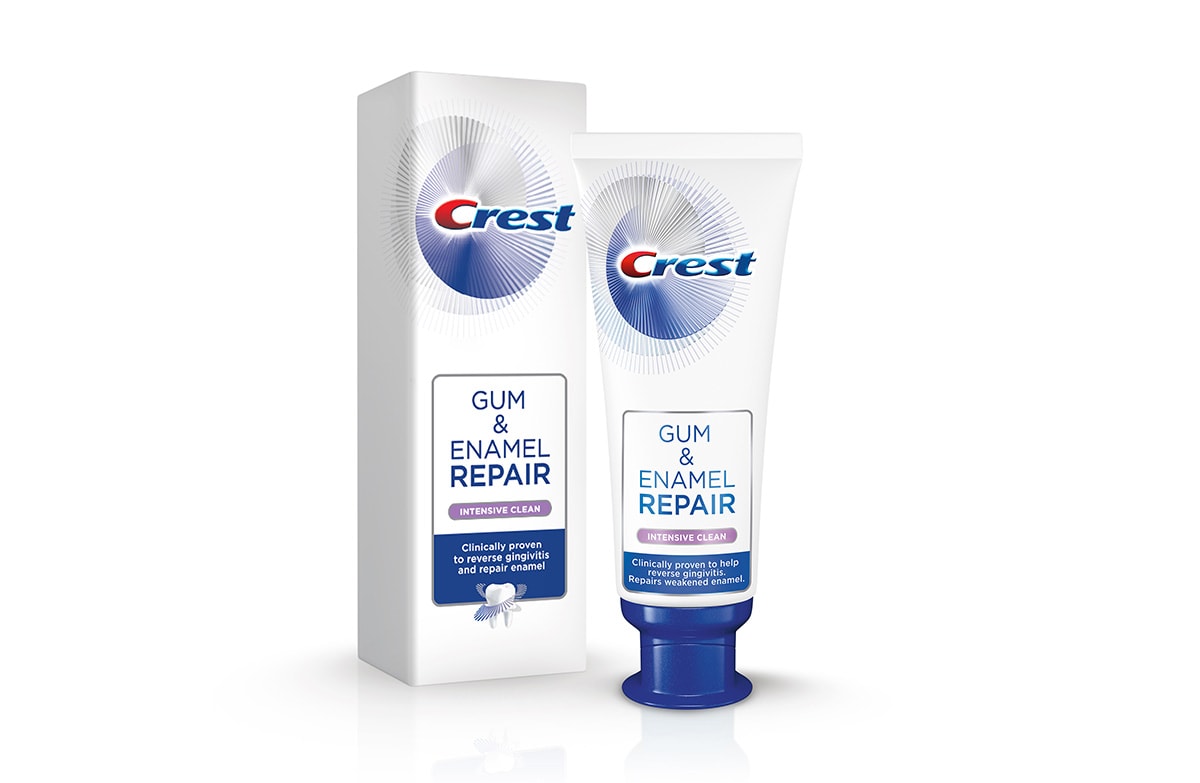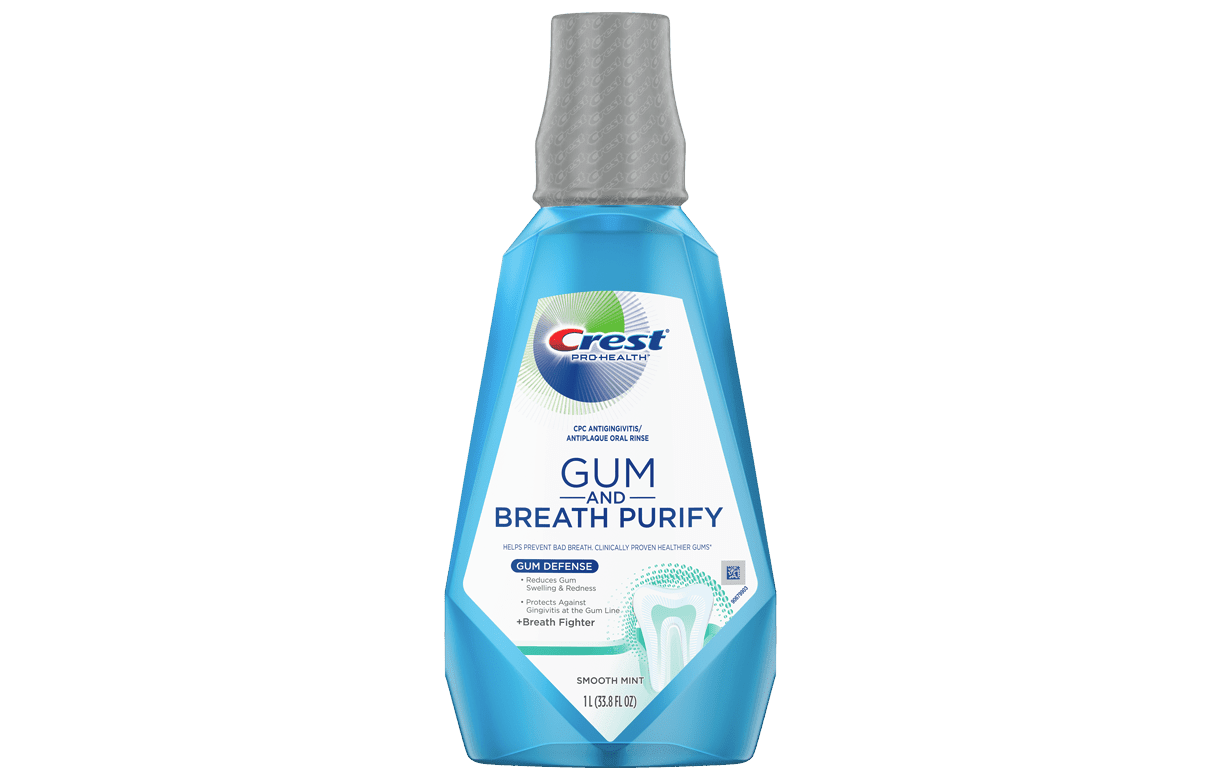GUM-HEALTH
Temporomandibular Joint Symptoms and Treatments
 What is TMJ?
Causes of TMJ Dysfunction
Symptoms of TMJ Dysfunction
Diagnosis of TMJ Dysfunction
Treatments for TMJ Dysfunction
What is TMJ?
Causes of TMJ Dysfunction
Symptoms of TMJ Dysfunction
Diagnosis of TMJ Dysfunction
Treatments for TMJ Dysfunction
What is TMJ?
A type of temporomandibular disorder or TMD, TMJ dysfunction can cause pain in the joints of your jaw as well as in the muscles that control jaw function. The temporomandibular joint connects your jawbone to your skull, where you have a joint on each side of your jaw.
Causes of TMJ Dysfunction
Often hard to determine, the exact cause of TMJ disorders can be due to a combination of factors. Genetics, arthritis, and jaw injury are all possible culprits along with clenching and grinding your teeth.
The areas that interact within your jaw to ensure movement are covered by cartilage and separated by shock-absorbing disks. If you’re experiencing pain in any of your temporomandibular joints it may come down to these underlying causes:
- Disk erosion or displacement
- Cartilage damage due to arthritis
- Joint damage from a blow or other injury
Symptoms of TMJ Dysfunction
There are several signs to look out for if you’re worried you may have a TMJ disorder:
- Pain or tenderness in your jaw
- Pain in one or both of the temporomandibular joints
- Aches either in or around your ear
- Difficulty chewing
- Discomfort while chewing
- Locking of the jaw
- Facial pains
- Clicking sound when you open your mouth
- Grating sensation when eating
If you experience any of these symptoms, visit your dental professional right away.
Diagnosis of TMJ Dysfunction
Your doctor or dentist will perform a physical examine to better diagnose a TMJ disorder. During the exam, your healthcare professional will probably listen to and feel your jaw when you open your mouth, press on areas to identify specific sites of pain, and study the motion in your jaw.
Treatments for TMJ Dysfunction
In the event where symptoms persist or become too uncomfortable, your dental or medical professional may suggest several treatments at once:
- Over-the-counter pain relievers or anti-inflammatories such as Advil or Motrin, prescription tricyclic antidepressants for pain relief, or muscle relaxants if nothing else has helped
- Mouth guards or oral splints to help stop teeth grinding and jaw clenching and jaw clenching
- Physical therapy with a focus on strengthening/stretching your jaw muscles
- Education and counseling to help you better understand which behaviors to avoid (such as jaw clenching, chewing on fingernails, or leaning on your chin)
In more severe cases, surgical procedures may be necessary. Be sure to discuss the benefits and risks of surgery with your healthcare professional and know your options.
Discover More
 Inflamed Gums: Causes & Treatments for Gum Swelling
Inflamed Gums: Causes & Treatments for Gum Swelling




